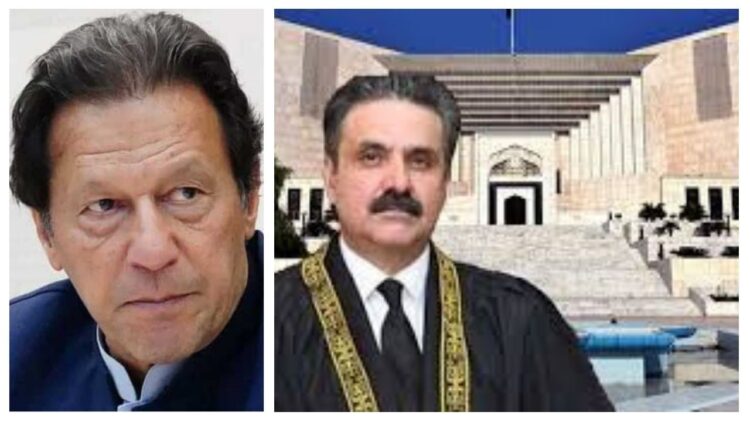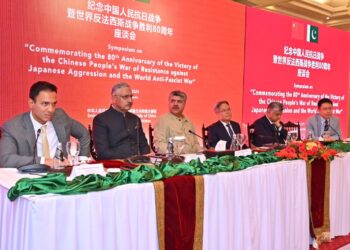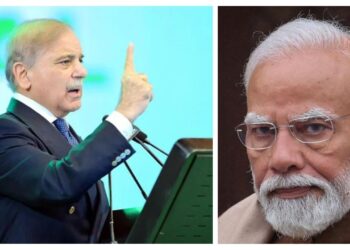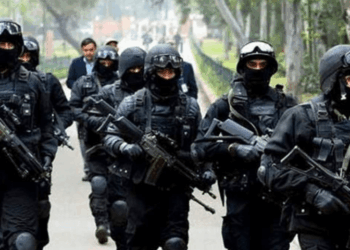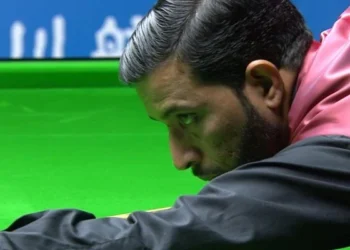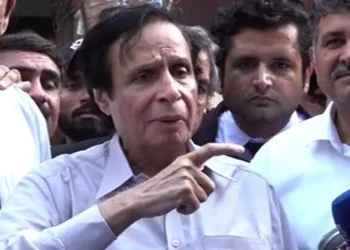ISLAMABAD; Chief Justice of Pakistan (CJP) Yahya Afridi on Tuesday expressed reservations over certain observations made by the Lahore High Court (LHC) while dismissing former prime minister Imran Khan’s bail pleas in eight cases linked to the May 9 riots.
In November 2024, an anti-terrorism court in Lahore denied bail to the PTI founder in cases related to the violent protests, including the attack on the Lahore corps commander’s residence. Imran’s appeal against this decision was rejected by the LHC on June 24. Days later, he challenged the verdict in the Supreme Court.
A three-member SC bench, headed by CJP Afridi and comprising Justices Muhammad Shafi Siddiqui and Miangul Hassan Aurangzeb, resumed the hearing on Tuesday. Barrister Salman Safdar represented Imran Khan, while Punjab Special Prosecutor Zulfiqar Naqvi appeared for the state.
During proceedings, CJP Afridi questioned whether “final observations” could be issued in a bail case. He stressed that, for now, the court would not assess the correctness of the LHC’s findings to avoid affecting either party’s position. “The Supreme Court will not make any remarks that could influence the trial,” he reiterated, directing both sides to prepare their legal arguments for the next hearing.
The bench issued notices to the Punjab government and adjourned the case until August 19. Earlier, on June 29, a two-member SC bench had taken up Imran’s bail pleas but postponed proceedings as his counsel could not appear.
In his petition, Imran argued that he could not have participated in the May 9 violence as he was in National Accountability Bureau (NAB) custody at the time. He accused the prosecution of relying on fabricated and outdated statements by police officials.
The LHC, however, noted that the prosecution’s evidence suggested Imran’s role in planning attacks on military installations if he was arrested from the Islamabad High Court. According to police witnesses, PTI meetings were held on May 4 in Chakri, Rawalpindi, and at Zaman Park, Lahore, on May 7–9, 2023, where such instructions were allegedly issued.








